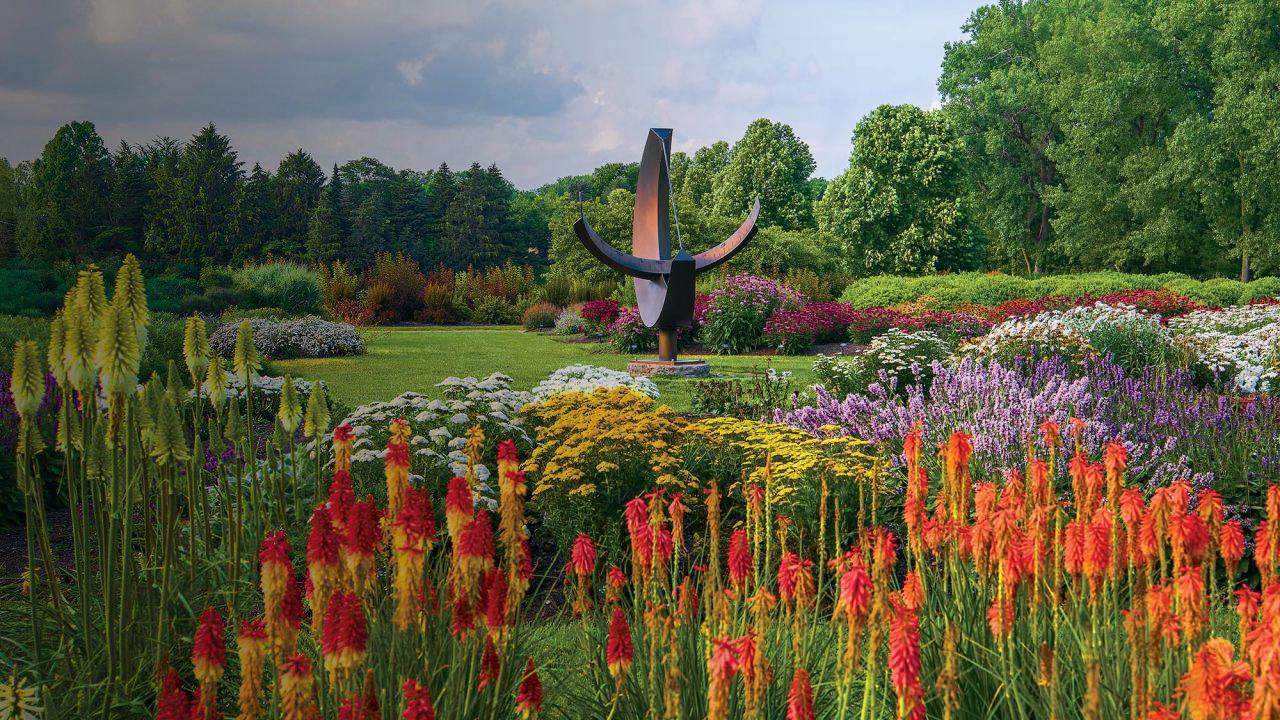Include the Chicago Botanic Garden in Your Estate Plan
Planning for the future is a meaningful way to support the Chicago Botanic Garden and ensure its beauty and mission continue to thrive for generations to come. By naming the Garden as a beneficiary in your estate plan, you can create a lasting legacy of conservation, education, and community enrichment.
Impact of this type of gift
- Help sustain and grow the Garden’s living collections, educational programs, and conservation efforts.
- Leave a meaningful legacy that reflects your values and love of nature.
Ways to name the Chicago Botanic Garden as a beneficiary
- Will or Trust: Specify a gift of a percentage of your estate or dollar
amount to the Garden. - Retirement Accounts: Designate the Garden as a beneficiary of your IRA, 401(k), or other retirement plans.
- Donor-Advised Funds: Name the Garden as a remainder beneficiary of your donor-advised fund.
- Other Financial Accounts: Many brokerage or bank accounts allow beneficiary designations.
For your estate documents
Legal Name: Chicago Horticultural Society
Doing Business As: A nonprofit corporation operating as Chicago Botanic Garden
Federal Tax ID (EIN): 36-2225482
Please let us know!
If you have included the Chicago Botanic Garden in your plans, please consider informing us so we can thank you properly, welcome you to the Garden Heritage Society, and help ensure your wishes are fulfilled.
Contact
Patty Shanahan, senior philanthropic advisor or (847) 835-6838

